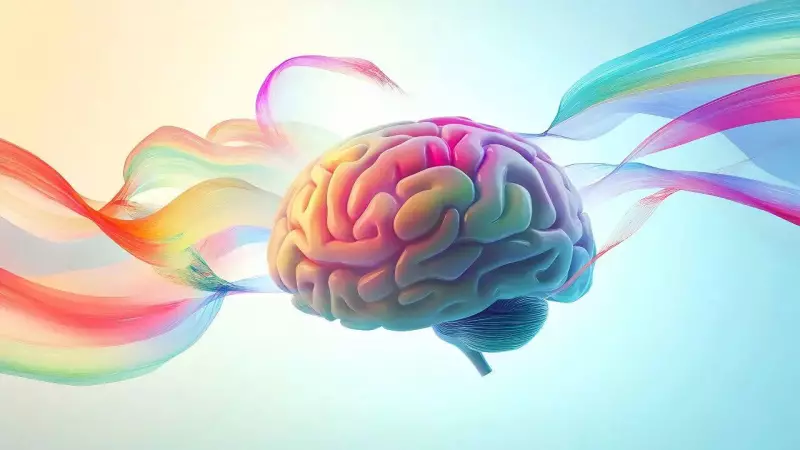
In an exciting breakthrough for cognitive science, recent research has uncovered that targeted mental exercises can effectively reverse signs of brain aging, offering new hope for maintaining mental sharpness throughout life.
The Science Behind Mental Fitness
Cutting-edge studies demonstrate that our brains possess remarkable plasticity, even in later years. This neuroplasticity allows the brain to reorganize itself, forming new neural connections when stimulated properly through specific mental activities.
5 Evidence-Based Exercises to Boost Your Brainpower
1. Dual N-Back Training
This challenging working memory exercise requires you to track two separate streams of information simultaneously. Research shows it significantly improves fluid intelligence – the ability to solve novel problems and adapt to new situations.
2. Strategic Game Play
Engaging in complex strategy games like chess, bridge, or sophisticated video games forces your brain to plan ahead, consider multiple variables, and adapt to changing scenarios – all crucial for executive function.
3. Learning Novel Skills
Taking up completely new activities, whether learning a musical instrument, foreign language, or digital photography, creates dense networks of neural connections, building what scientists call "cognitive reserve."
4. Mindfulness Meditation
Regular meditation practice not only reduces stress but actually increases gray matter density in brain regions associated with memory, empathy, and stress regulation.
5. Varied Reading Challenges
Moving beyond your usual reading preferences to tackle complex literature, scientific articles, or philosophical texts stimulates different brain regions and enhances comprehension abilities.
Why These Exercises Work
The effectiveness lies in the principle of "use it or lose it." Just as physical exercise builds muscle, mental exercises strengthen neural pathways. The key is consistency and gradually increasing difficulty to keep the brain challenged.
Building Your Mental Fitness Routine
Experts recommend incorporating these exercises into your daily routine, starting with just 15-20 minutes per day. The most significant benefits come from variety and progression – constantly introducing new challenges to prevent mental plateaus.
This research represents a paradigm shift in how we approach brain health, proving that cognitive decline isn't inevitable and that we have powerful tools to maintain – and even improve – our mental capabilities throughout our lives.





